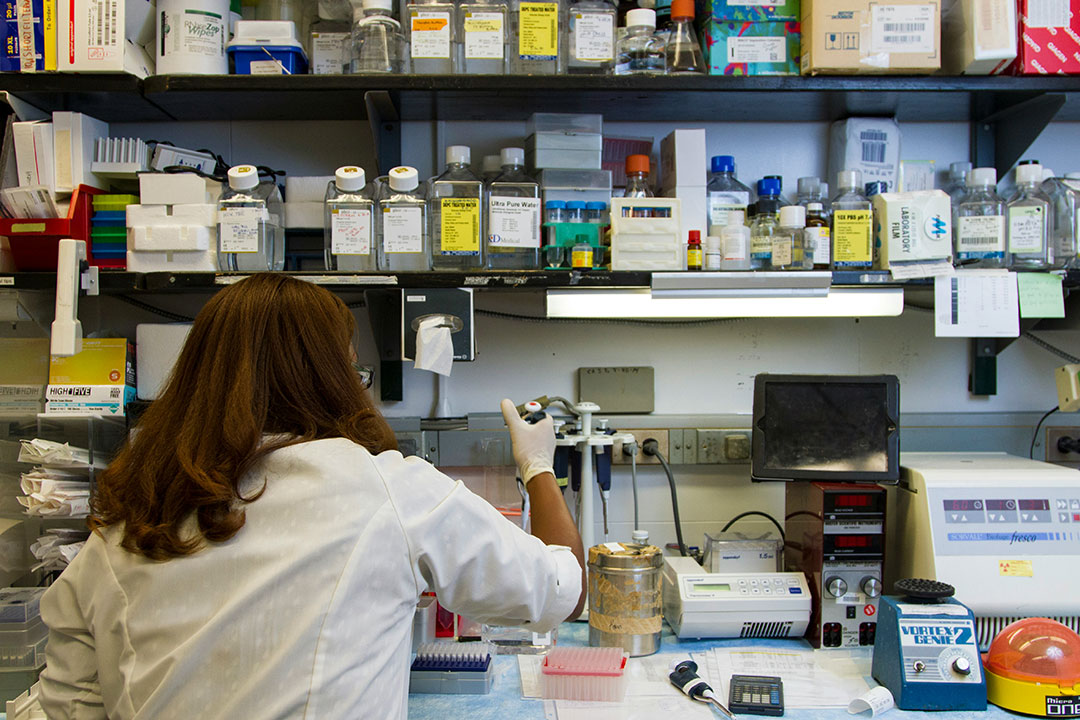
Medicine Cabinet
By Teodoro B. Padilla

The research-based pharmaceutical industry champions innovation as the driving force behind progress in healthcare, contributing to healthier lives and societies. By constantly innovating, we are able to address evolving health challenges, discover novel treatments, and improve patient outcomes. This is why the innovative pharmaceutical industry consistently invests more in research and development (R&D) than any other industries.
At the same time, our industry strives to comply with research ethics that govern the standards of conduct for scientific researchers. We believe that adhering to ethical principles is important in order to protect the dignity, rights and welfare of research participants.
In May this year, the International Federation of Pharmaceutical Manufacturers and Associations (IFPMA), which represents the global innovative pharmaceutical industry, participated in a two-day targeted interdisciplinary discussion in Munich, Germany on the paragraphs in the Declaration of Helsinki focused on vulnerable people in research, with a view to contribute the findings to the revision process. Developed by the World Medical Association (WMA), the Declaration of Helsinki is a statement of ethical principles for medical research involving human subjects, including research on identifiable human material and data.
The National Ethical Guidelines for Health and Health-Related Research crafted by the Philippine Health Research Ethics Board (PHREB) defines vulnerable participants as “those who are relatively or absolutely incapable of deciding for themselves whether or not to participate in a study for reasons such as physical and mental disabilities, poverty, asymmetric power relations, and marginalization, among others and who are at greater risk for some harms.” Vulnerable groups include children, elderly people, people with low incomes, uninsured people, homeless people, racial or ethnic minorities, people in prison, pregnant women, and victims of trauma and accidents, among others.
PHREB is the national policy making body in health research ethics in the country, which ensures adherence to the universal ethical principles for the protection and promotion of the dignity of health research participants. The PHREB guidelines prohibit the inclusion of vulnerable groups as research participants unless the research is necessary to promote the welfare of the population represented and cannot be performed on non-vulnerable persons or groups. Vulnerable groups must be provided with competent advice and assistance, as they are liable to give informed consent for a research project under duress or without the benefit of adequate information.
During the interdisciplinary discussion, IFPMA through representative Karla Childers, said that the requirements associated with conducting research with vulnerable populations are well intended and important. She also stressed that being vulnerable does not necessarily mean an individual does not have the capacity to make their own decisions about participation in research.
The research ecosystem has at times failed to advance treatments and solutions for the unique conditions of vulnerable groups or did not gather the data critical to safely administer existing treatments, Childers explained. On the positive side, she pointed out the shift over time in the mindset from protecting people from research to protecting them through research.
To this end, IFPMA has been increasing efforts to broaden access to clinical trials and ensure more diverse and equitable inclusion, often engaging with vulnerable populations and finding that delicate balance between inclusion and protection, while ensuring voluntary and informed consent. Furthermore, the increasing use of novel, complex technology has required new and evolving thinking around vulnerability as we attempt to provide appropriate and understandable information about these new modalities to facilitate informed consent of all research participants.
IFPMA has been making important inroads into including vulnerable and historically excluded populations in critical research, such as pediatrics, neurologically debilitating diseases, research with pregnant persons, to name a few. We believe there is a great depth of experience in industry to draw upon in engaging with these populations and those who care for them.
Childers highlighted three things that are top of mind in contemplating potential changes to the Declaration of Helsinki regarding vulnerability: balancing protection, inclusivity, and the potential unintended consequences of adding specificity. IFPMA thinks there is the opportunity to encourage engagement with vulnerable populations to better understand their preferences and personal willingness to participate in research.
IFPMA is also striving to encourage greater diversity and broader inclusion in research to enable access for populations previously not represented in clinical trials. We are committed to doing this in a fair and transparent manner, as articulated in the Ethos of IFPMA which we have also adopted at the Pharmaceutical and Healthcare Association of the Philippines.
Apart from fairness and transparency, the Ethos include trust, care, respect and honesty. These are the values that we adhere to in the conduct of research and in our conduct and interactions.
Teodoro B. Padilla is the executive director of Pharmaceutical and Healthcare Association of the Philippines (PHAP). PHAP represents the biopharmaceutical medicines and vaccines industry in the country. Its members are in the forefront of research and development efforts for COVID-19 and other diseases that affect Filipinos.